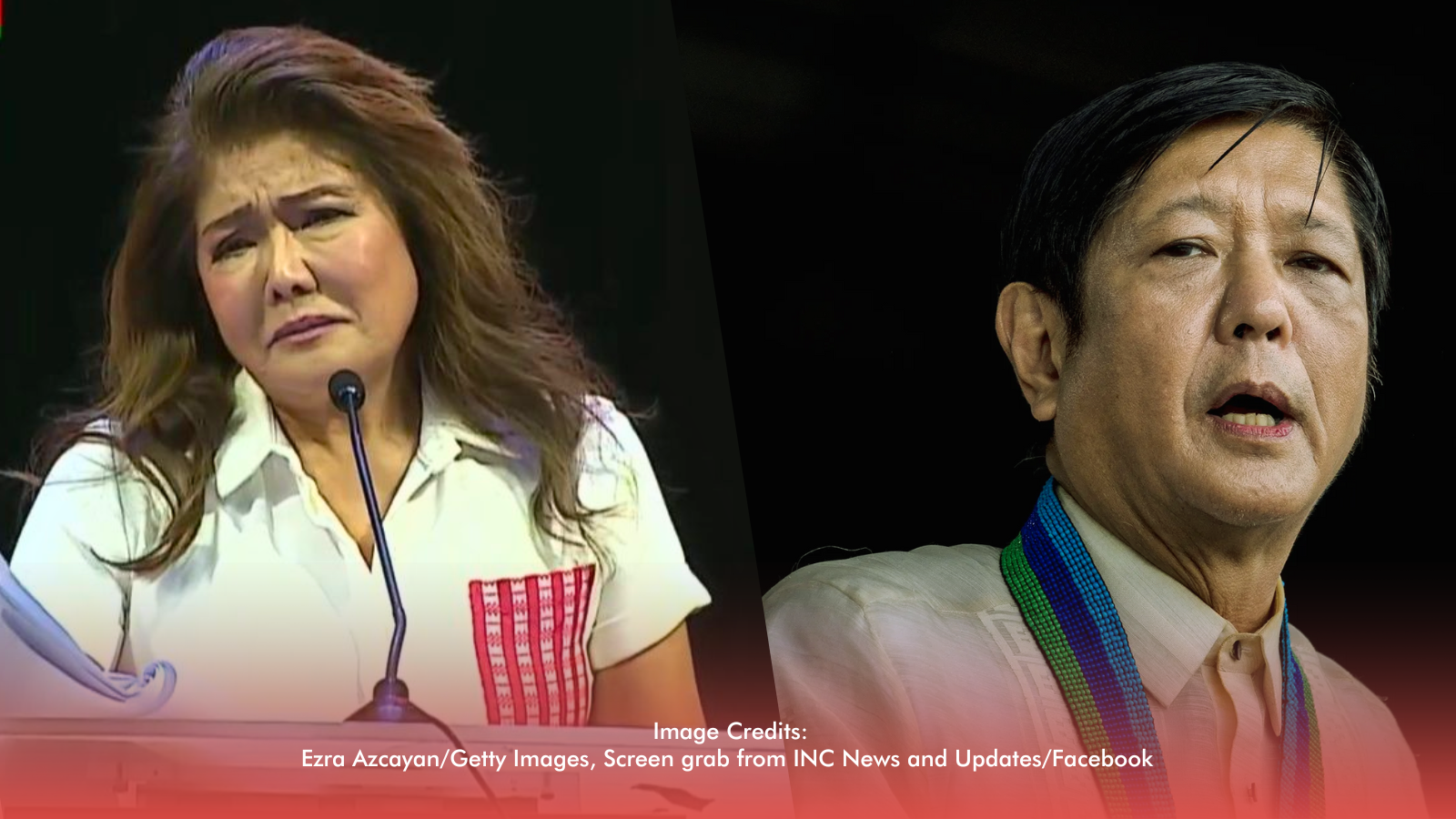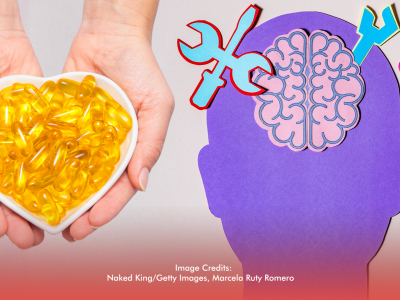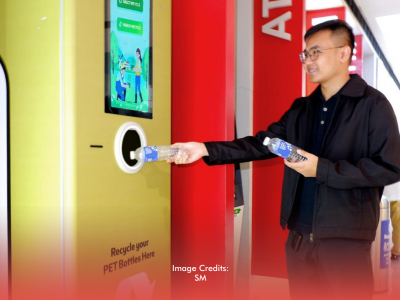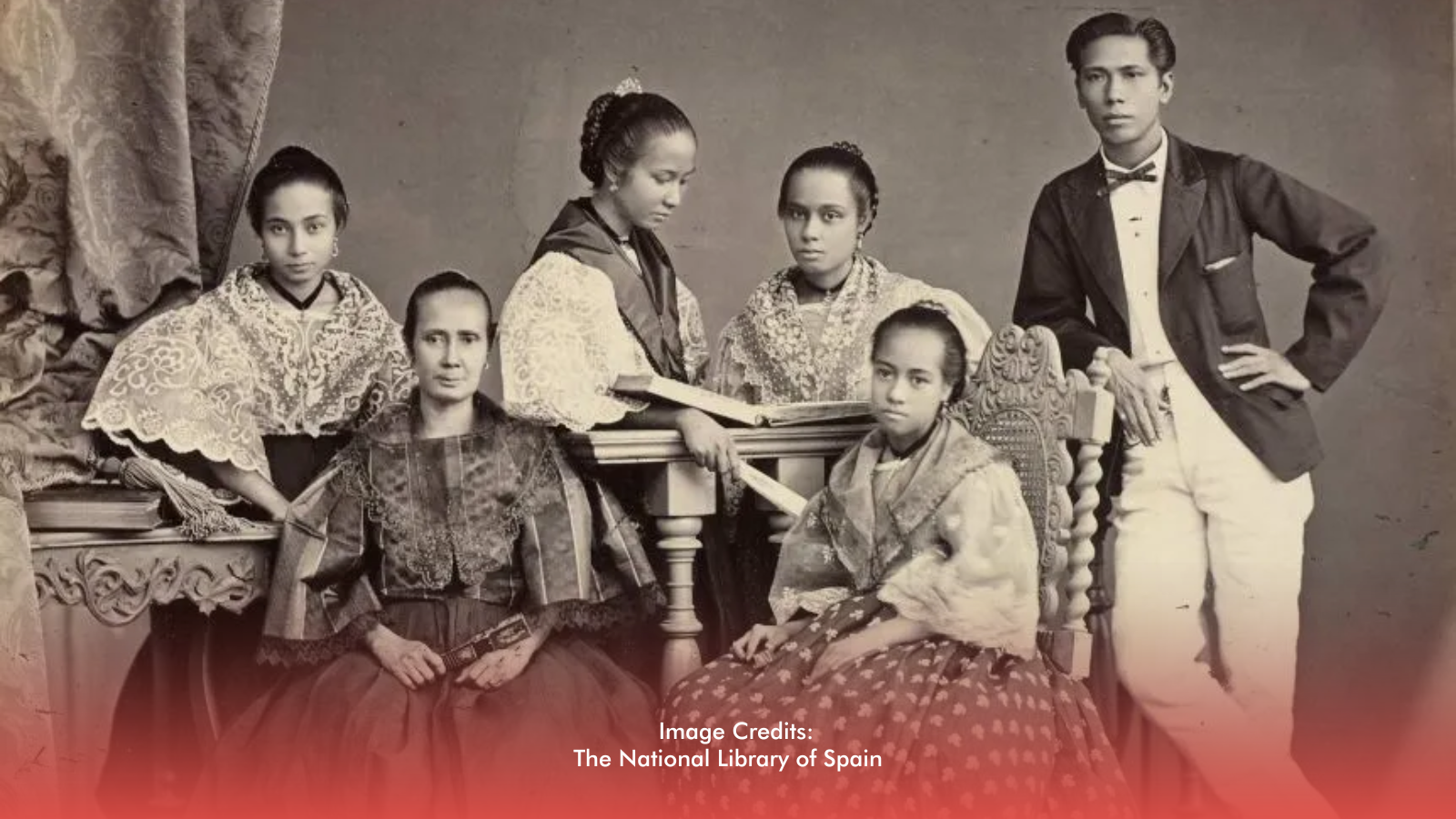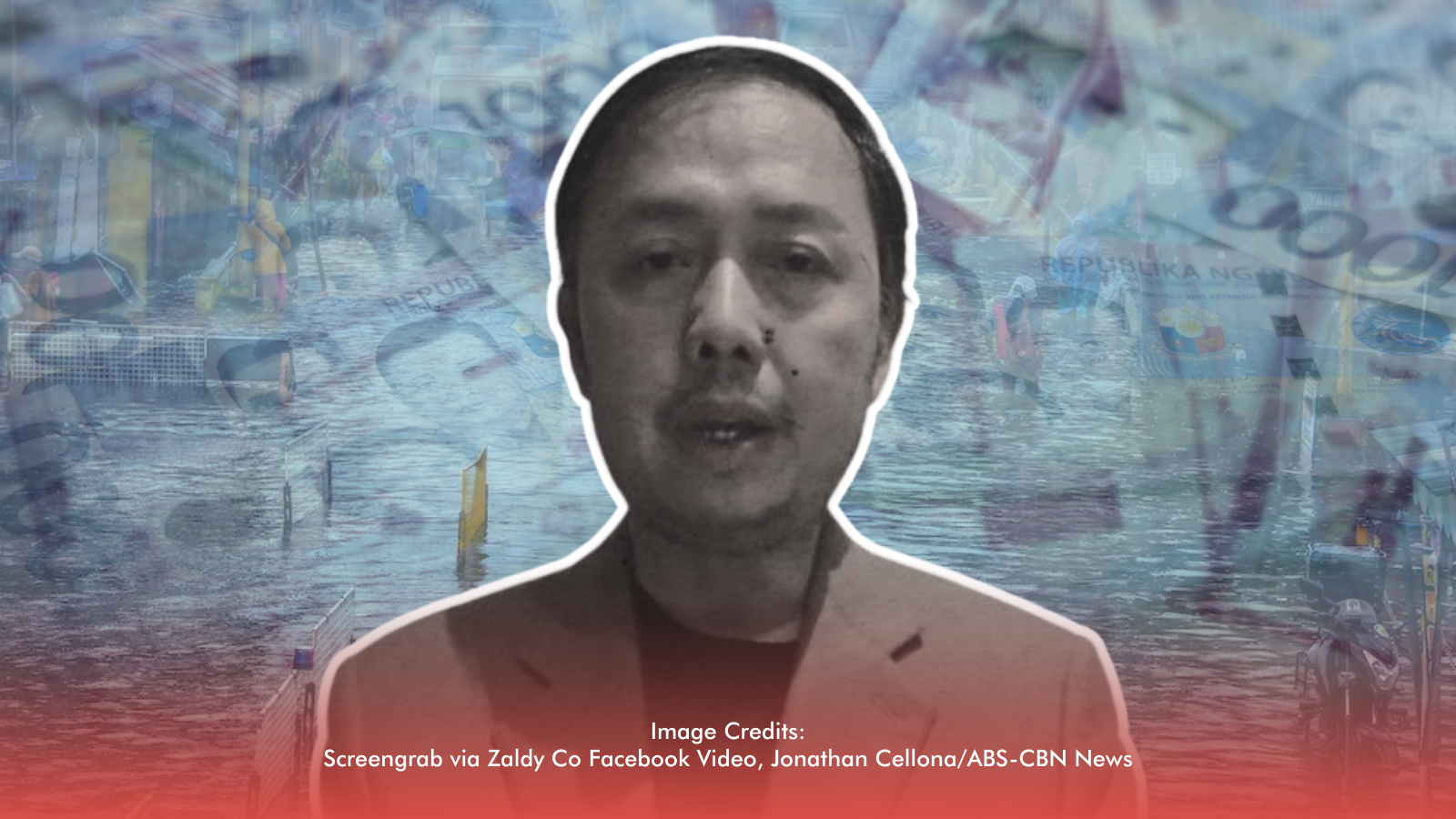There’s a quiet weight to living close to someone struggling with addiction. It isn’t in the words themselves, it’s in the pauses, the tremors behind a controlled voice, the hope stretched thin until speaking becomes easier than hiding. That was the sound in Imee Marcos’ speech.
Her public accusation that President Ferdinand “Bongbong” Marcos Jr., First Lady Liza Araneta Marcos, and their children use drugs shocked the nation—not just for politics, but because it reframed the drug issue as a deeply personal, family crisis. It was no longer only about crime or public health; it became a story about trust, shame, and the fractures addiction can carve into even the most powerful households.
Whether her allegations are true or politically timed—as Malacañang insists, citing past negative drug tests—the emotional weight of her words was unmistakable. She pleaded for her brother to “come home,” “rest,” and “get treatment,” portraying not a president, but a sibling in peril. In Filipino homes, addiction rarely remains private: it disrupts relationships, fosters enabling, and slowly erodes trust. Imee’s words echoed this domestic tragedy on a national stage, a story anyone who has loved an addict can recognize.
Leadership at Risk
Addiction is personal, but leadership is public. If a person struggling with drugs holds the highest seat of power, the consequences reach far beyond family walls. Addiction creates vulnerabilities, requiring handlers, gatekeepers, and others to manage crises before they become visible. It invites manipulation and compromises decision-making.
The pressing question is not just political: how many people know this weakness, and who could exploit it? Governance can be jeopardized not by policy alone, but by personal struggles hidden in plain sight. A compromised leader risks not only personal failure but also the systemic failure of institutions that depend on sound judgment at the top. Imee’s speech reminded the nation that family care, boundaries, and accountability are intertwined, even in the corridors of power.
Drugs Beyond the Palace
While the First Family grapples with private challenges, the country faces its own. Fishermen and the Philippine Coast Guard increasingly intercept floating packages of shabu in our seas, a sign of trafficking networks that exploit local waters. Analysts, echoing discussions by FBI Director Kash Patel, warn that some states may weaponize narcotics to destabilize rivals. A government distracted, or possibly weakened, by internal issues may be more vulnerable to these external pressures.
Imee’s words, regardless of political motives or factual accuracy, compel reflection: addiction is not just a personal or criminal issue. It is a family issue, a societal issue, and when it reaches the highest office, it can ripple outward, touching governance, public trust, and national security. Her speech was not just a confession; it was a reminder that honesty, care, and courage—quiet but unflinching—can illuminate truths we often avoid, both at home and in the nation.

